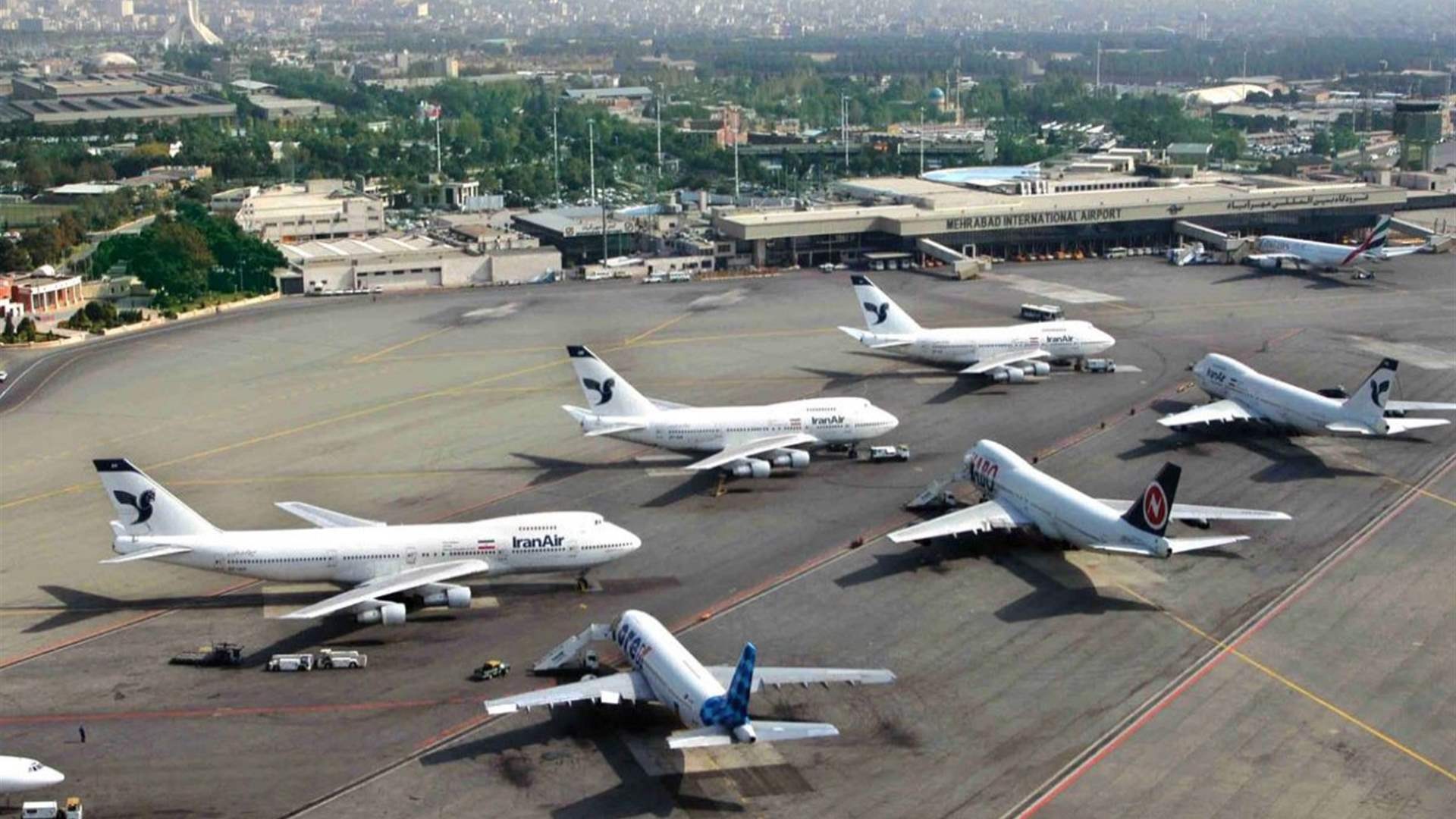As military hostilities between Iran and Israel entered their second consecutive day, on Saturday, June 14, 2025, Iran’s Civil Aviation Authority announced the immediate closure of the country’s airspace, citing concerns over passenger safety.
The move underscores the growing severity of the conflict, which continues to escalate with aerial attacks and retaliatory missile strikes.
According to Iran’s state-run IRNA news agency, all commercial flights have been grounded across the country until further notice.
The directive includes a suspension of operations at every civilian airport in Iran.
Authorities emphasized that the unprecedented step was taken to safeguard passengers and crew amid the increasing threat posed by the ongoing military exchanges.
The statement from the Civil Aviation Organization read: “No flights will be operated at any airports in the country in order to protect the safety of passengers… until further notice.”
This sweeping decision effectively grounds all domestic and international flights traversing Iranian airspace, sending ripple effects through regional air traffic and global aviation networks.
This announcement was made just hours after the Israeli military issued a bold declaration, asserting that its fighter jets had achieved “freedom of action” in Iranian airspace, specifically the skies over Tehran.
An Israeli Defense Forces (IDF) spokesperson noted that the country’s military campaign had largely neutralized Iranian air defenses around the capital.
This has supposedly made it possible for Israeli aircraft to operate with minimal resistance.
According to the IDF, the Israeli Air Force has been conducting aggressive sorties deep into Iranian territor.
These include overnight strikes on military and strategic infrastructure in and around Tehran.
Israeli officials claimed that dozens of warplanes had successfully carried out coordinated missions targeting Iran’s air defense systems and other key facilities.
This it claims has allowed the continuation of what it called “Operation Rising Lion.”
These developments follow Israel’s surprise aerial offensive that began on Friday, which aimed to degrade Iran’s nuclear capabilities and military command structure.
The aerial war has left both nations reeling.
Iran has launched waves of ballistic missiles and drones toward Israeli cities in retaliation, while Israel has responded with widespread bombings of military and strategic targets within Iran.
The airspace closure now reflects Tehran’s concern that further Israeli airstrikes are imminent and that Iranian skies are no longer safe for civil aviation.
Aviation experts note that the closure of Iranian airspace is highly disruptive for international carriers,.
This is particularly for those operating long-haul flights between Europe and Asia, which often rely on Iran’s air corridors.
Airlines are now being forced to reroute, leading to longer flight durations, increased fuel costs, and logistical complications across the global aviation sector.
Iran’s decision also draws comparisons to similar airspace restrictions seen in conflict zones such as Ukraine, Syria, and Afghanistan.
These are supposedly where hostilities have forced civil aviation authorities to prioritize safety over continuity of service.
International aviation watchdogs, including the International Civil Aviation Organization (ICAO), are expected to monitor the situation closely and may issue guidance to global airlines.
The Iranian government has not specified when the airspace might reopen.
Analysts suggest that the resumption of flights will depend entirely on whether the aerial bombardments subside and whether Iranian authorities can reestablish control over their skies.
As of now, the risk of renewed or intensified Israeli strikes appears high, especially given the IDF’s statements about operational freedom over Iranian airspace.
In parallel to the military developments, diplomatic efforts have stalled.
Planned talks between Iranian and U.S. officials in Oman, intended to address Iran’s nuclear program and broader regional tensions, have been thrown into uncertainty.
Iranian officials have expressed doubt over the utility of such negotiations in light of the Israeli offensive and the perceived Western support for Israel’s military actions.
With no sign of de-escalation, the closure of Iranian airspace serves as both a symbolic and practical indicator of the volatility of the current conflict.
It highlights the serious threat posed not only to military actors but also to civilians and commercial operations within and around the region.
As tensions continue to rise, global stakeholders are watching with concern, aware that the conflict now carries broader implications for:
- regional stability,
- international aviation, and,
- the fragile diplomatic balance in the Middle East.







